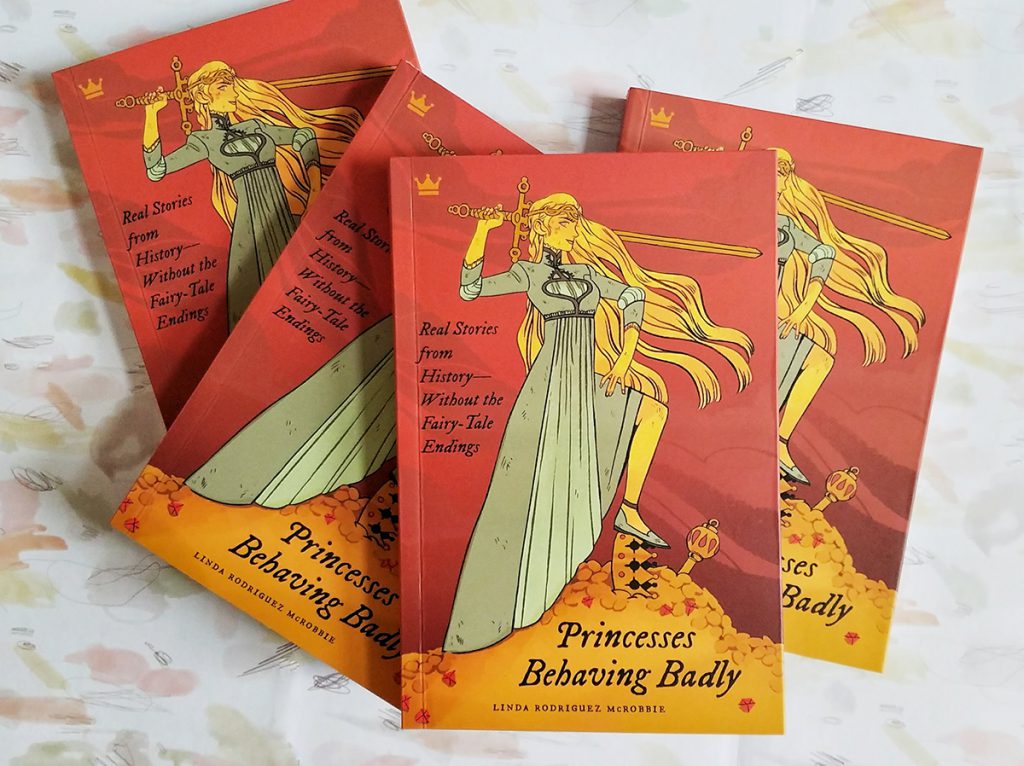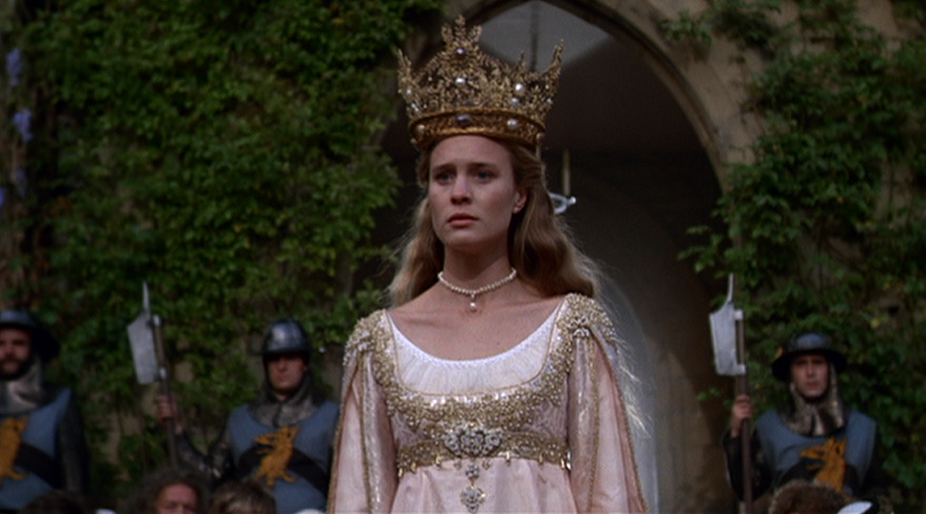Mulan and Other Princesses Behaving Badly
At long last, Mulan is finally being released in full live action glory. We have such distinct memories of the first time we saw that movie – one badass moment after another. Mulan was everything! She wasn’t technically a princess, so we didn’t feel sucked into that marry the prince mentality. And yet she still had her own hero’s journey, one that leaves so much room for discussions about gender roles and non-binary identity, especially now that we have that language.
And sure, we’re not expecting Disney to lean into any of that; at least not explicitly. But it does leave us thinking about powerful women throughout history, women who also defied expectations. Where are their Disney movies? Why aren’t they as famous as fairy tale princesses? For those answers and more, we turned to one of our favorite books: Princesses Behaving Badly: Real Stories from History – Without the Fairy-Tale Endings by Linda Rodriguez McRobbie.
Buy the Book:
Amazon | Barnes & Noble | IndieBound

Photo by Lian Rodríguez from Pexels
Pingyang (c. 600 – 623)
As the daughter of a general in Tang Dynasty China, Pingyang knew that it would be impossible to take down a corrupt emperor on her own. So when she saw her father and brother struggling to defeat the emperor’s army, she knew she needed to act fast. She ended up raising and commanding her own army – all before she turned 20! Someone get Pingyang on a 30 under 30 list because this is the kind of badassery we want to be rewarding. Thanks to Pingyang’s efforts, her father was able to take the imperial thrown and start a dynasty of his own – one that’s been lauded as a golden age in imperial China. Sadly, Pingyang died at 23 years old. And while the details of her death are unknown (some speculate death in childbirth, others assassination) we do know that her father threw her a very elaborate funeral, complete with military honors.

Photo by Artem Beliaikin from Pexels
Rani Lakshmibai of Jhansi (1834 – 1858)
Like Pingyang, the accounts of Rani Lakshmibai’s death vary widely. Some say that she died in the heat of battle with the reins of her horse in her teeth, a sword in each hand. Others say she died turning to cut down the soldier who’d just shot her in the back. And still others say she was only wounded in battle – that she had enough time to distribute her jewelry and oversee the building of her funeral pyre. Whatever the case, Lakshmibai became a legend and a symbol against India’s colonial oppression. As the young widow of a maharaja, she never imagined she’d fight for her country’s freedom. But when the British started labeling her as both a sympathizer and a whore, she sided with her country and rebelled.

Photo by Niki Nagy from Pexels
Catherine Radziwill (1858 – 1941)
When a French magazine published the letters of Count Paul Vasili, a pseudonym that many suspected belonged to a German diplomat serving in the court of Kaiser Wilhelm I, the court of Berlin was scandalized. The royal court was only fifteen years old at the time and the city itself was still incredibly unsophisticated. The last thing they needed was a trusted advisor publishing gossip-laced letters in a foreign magazine. No one suspected that Count Paul Vasili was the 26-year-old princess Catherine Radziwill – and once she was found out, her family never forgave her, even in death.

Photo by Daniel Spase from Pexels
Christina of Sweden (1626 – 1689)
When Christina of Sweden was born, she was immediately declared a boy – a misgendering born out of court astrology records and the dimly lit room where Christina was delivered. King Gustav Adolph needed a male heir to claim the throne after his death, but he declared that gender was of little consequence to him – that a girl was as valuable as a boy. Christina received the same education a prince would receive, including plenty of exercise. And when her father died, Christina assumed the throne as queen – at six-year-old. When she abdicated the throne at 27, keeping the title of “queen,” it was out of sheer boredom. Guess she was looking for a career change.



